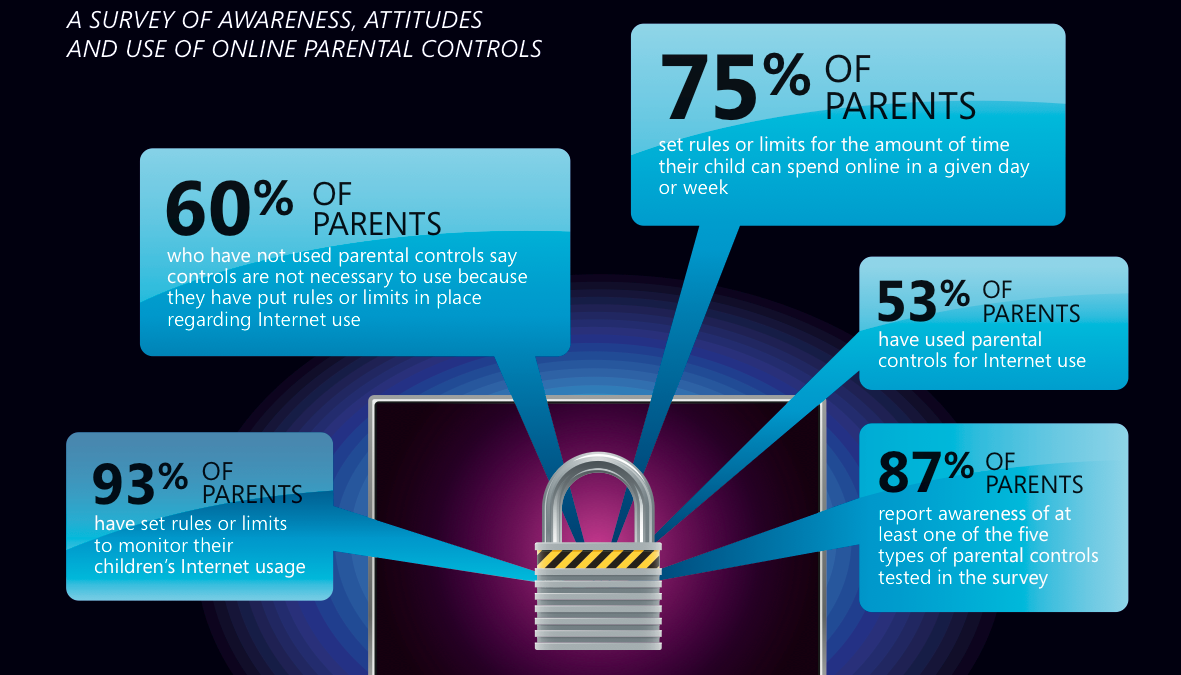Why I don’t want to hear about any new parental control products
It’s hard to get through a week without hearing about a new product designed to protect children online or on mobile devices. Some of these products block content, others give parents some control over who their kids can communicate with but most offer some sort of monitoring, giving parents a glimpse into what their kids are doing on their mobile and other connected devices. Increasingly, these products are being marketed as a way of detecting and preventing bullying.
It’s not uncommon for these products to be developed or at least inspired by parents who have had an experience with their kid being bullied or exposed to inappropriate material. The parent may have been outraged by the incident with a sincere desire to help other parents avoid the same issues.
My advice to anyone thinking about creating such a product is to first take stock of the many other products and services in this already saturated field and second take note that even those products — collectively — have relatively low penetration rates.
I also urge any would-be parental control entrepreneurs to consider that one product can’t possibly serve all families. Controls that block inappropriate content usually work well for young children but not for older ones. Products to monitor Internet or mobile use may be necessary for some kids, but not for most. Studies have shown that kids who get into some type of trouble online are usually risk-takers in other aspects of their lives as well. And if you think a monitoring program will stop cyberbullying, consider that the majority of bullying takes place in-person and not online, and even when it is online (or mobile) it is often a reflection of what’s going on at school or wherever kids gather in the physical world. For more on bullying, see A Parents’ Guide to Cyberbullying.
And, before you think you’re going to earn a lot of money from your product, be aware that there are a number of excellent free parental control tools from Microsoft, Symantec and other companies.
I’m not aware of any accurate up-to-date data on the parental control marketplace but everyone I’ve spoken with in the know admits that it’s pretty small. A 2011 study done by Hart Research for the Family Online Safety Institute (FOSI) found that just over half the parents (53 percent) said they have used controls to limit or monitor their child’s online behavior with products ranging from PC filtering programs that limit what sites a child can visit to services that monitor children’s activities on mobile devices. But “have used” is not the same as using. I’m one of many parents who used controls for a short period of time and then stopped after realizing that having occasional conversations with my kids was a more effective, and lasting, way to influence their behavior.
Even though the survey found that 47 percent of parents haven’t used these tools, 87 percent of them were aware that such tools are available, and 93% had a set rule to limit or monitor their children’s Internet usage. Parents know these products exist and most have other ways to help their kids stay safer online.
That same study found that 60% of parents who are not using controls say that controls aren’t necessary because they have household rules that their kids follow.
And even for parents who do feel a need to use parental-control software or service, it’s important to remember that they are never a substitute for common sense, engaged parenting and — most important — teaching kids to be respectful of others, self-protective and resilient. Eventually your kids will grow up and one of the purposes of childhood is to learn to protect yourself long after mommy and daddy and whatever tools they employ are off the job.

FOSI survey summary. Click here or on image for full-size infographic
Links
Digital citizenship & media literacy beat tracking laws & monitoring
Evolution of online safety: Lessons learned over 20 years
“The Internet, Youth Safety and the Problem of ‘Juvenoia’,” by David Finkelhor PhD